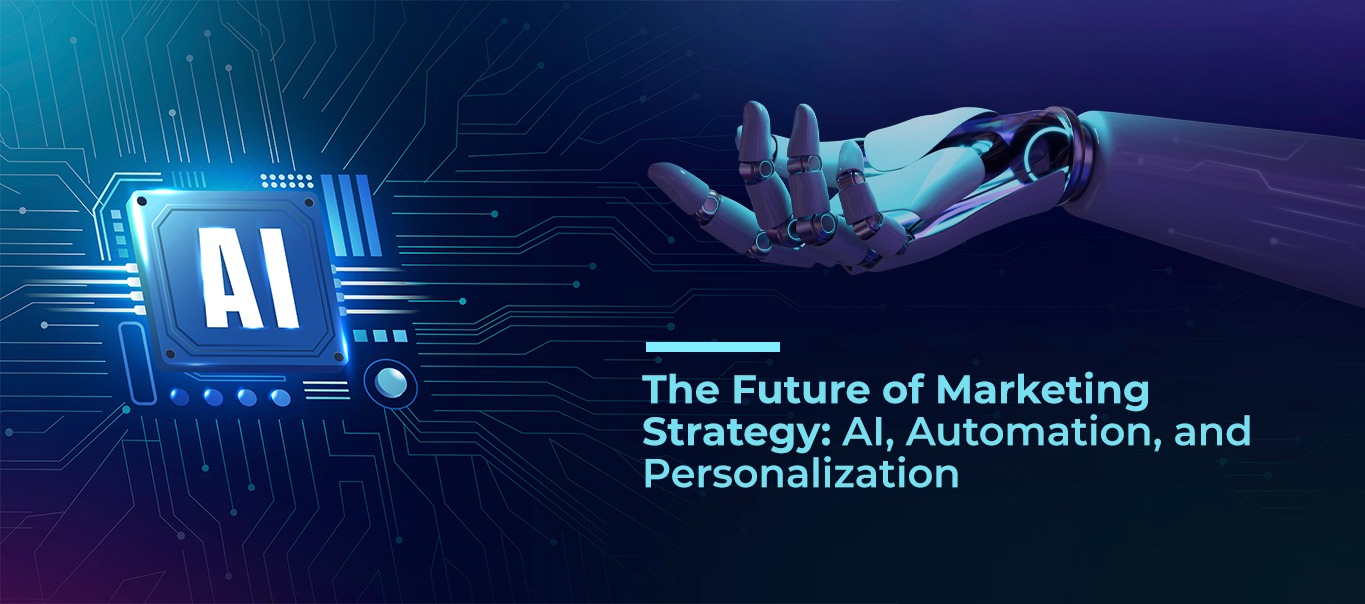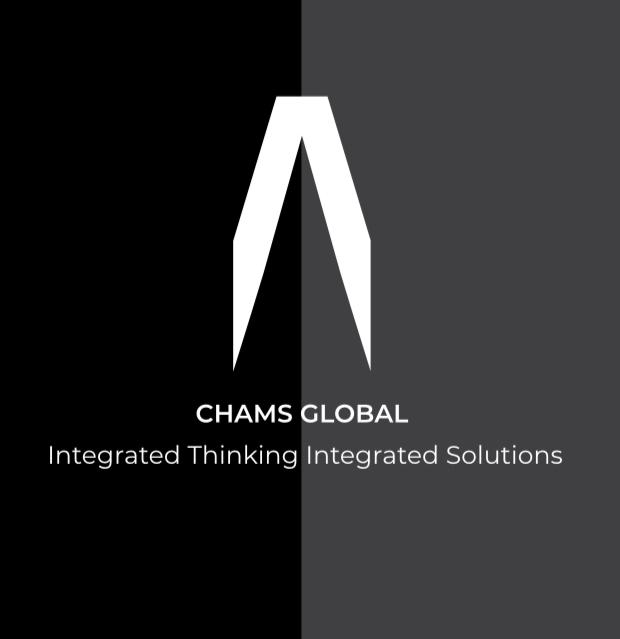In the ever-evolving landscape of marketing, staying ahead of the curve is crucial for businesses aiming to maintain a competitive edge. As technology continues to advance, three key trends are set to redefine marketing strategies: Artificial Intelligence (AI), Automation, and Personalization. Let’s dive into how these elements are shaping the future of marketing.
Artificial Intelligence: The Brain Behind Modern Marketing
AI is no longer a futuristic concept; it is a reality transforming how businesses approach marketing. Here’s how AI is making waves:
Predictive Analytics: AI algorithms can analyze vast amounts of data to predict future consumer behaviors and trends. This allows marketers to make informed decisions, optimize campaigns, and anticipate market demands with unprecedented accuracy.
Chatbots and Virtual Assistants: AI-powered chatbots and virtual assistants are revolutionizing customer service. They provide instant responses to customer queries, offer personalized recommendations, and improve overall customer experience without human intervention.
Content Creation: AI tools can now generate content, from simple social media posts to complex articles. These tools can analyze audience preferences and create tailored content that resonates with specific target groups.
Automation: Streamlining Marketing Processes
Automation is the engine driving efficiency in modern marketing strategies. By automating repetitive tasks, businesses can focus on more strategic initiatives. Here’s how automation is reshaping marketing:
Email Marketing: Automated email marketing platforms can segment audiences, personalize content, and schedule emails at optimal times. This ensures that the right message reaches the right person at the right time, enhancing engagement and conversion rates.
Social Media Management: Automation tools can schedule posts, track engagement, and analyze performance across multiple social media platforms. This allows marketers to maintain a consistent online presence and respond to trends in real-time.
Lead Nurturing: Automated workflows can nurture leads through the sales funnel by delivering targeted content based on user behavior. This personalized approach increases the likelihood of converting prospects into customers.
Personalization: Crafting Unique Customer Experiences
In an era where consumers expect tailored experiences, personalization is the key to capturing and retaining their attention. Here’s how personalization is becoming integral to marketing strategies:
Dynamic Content: Websites and emails can now dynamically change content based on user preferences and behaviors. This ensures that each visitor sees the most relevant information, increasing the chances of engagement and conversion.
Product Recommendations: AI-driven recommendation engines analyze past purchase history and browsing behavior to suggest products that align with individual preferences. This not only boosts sales but also enhances customer satisfaction.
Targeted Advertising: Personalized advertising campaigns leverage data to deliver ads that resonate with specific audience segments. By focusing on relevant content, businesses can achieve higher click-through rates and better ROI.
The Synergy of AI, Automation, and Personalization
The future of marketing lies in the seamless integration of AI, automation, and personalization. Businesses can create highly efficient, data-driven, and customer-centric marketing strategies by leveraging these technologies. Here’s what the future holds:
Hyper-Personalized Experiences: Combining AI’s predictive power with automation’s efficiency will enable hyper-personalization at scale. Consumers will receive highly relevant content and offers, enhancing their overall experience and loyalty.
Real-Time Adaptability: Marketers will be able to adapt campaigns in real-time based on consumer interactions and feedback. This agility will allow businesses to stay relevant and responsive in a fast-paced market.
Enhanced Customer Insights: The data collected through AI and automated systems will provide deeper insights into customer behaviors and preferences. This will inform strategic decisions and drive continuous improvement in marketing efforts.
Conclusion
The future of marketing strategy is bright, driven by the transformative power of AI, automation, and personalization. As these technologies continue to evolve, businesses that embrace and integrate them into their marketing strategies will be well-positioned to thrive in an increasingly competitive landscape. The key is to stay informed, be adaptable, and always put the customer at the center of your efforts.






